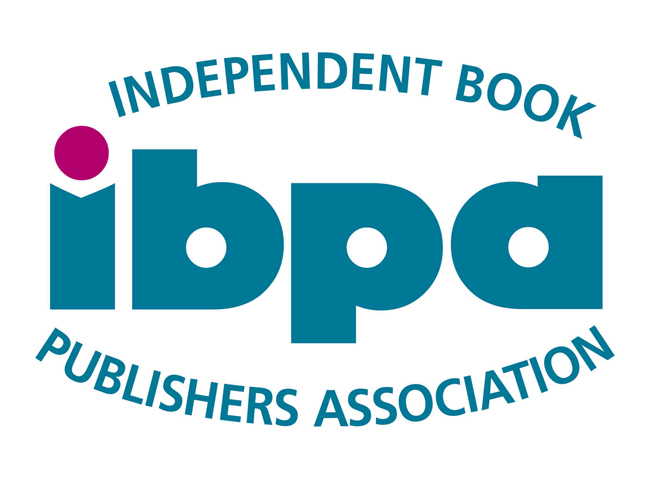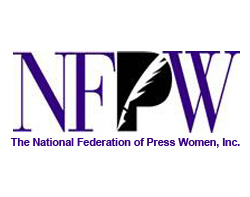Common Mistakes to Avoid When it Comes to Reviews
/Sometimes being a self-published author or being published by a small press means you have to work doubly hard to get recognized. Take this challenge for what it is. Not everyone will love your book and know that every author has had this problem at one time or another in his or her career.
Once you have decided to get your book reviewed, you have to let it go like a bird out of its cage. It now has a life of its own and there’s little you can do to protect it from harm’s way. If something doesn’t go your way, the temptation is always to try to course correct, but you really can’t do that with reviews. Here are some things you should guard against:
Don’t expect a review to be guaranteed.
Once reviewers have requested to see your book, it doesn’t necessarily mean that they will take the time to write a review. Resist the temptation to call or write prompting them or asking them why they didn’t follow up. Just make a note in your file to proceed with caution in the future and move on to the next potential reviewer.
Don’t ask for a positive review.
If you ask in advance or at any time during the review process for a positive review, it will show you’re a newbie. Don’t make this mistake! Most reviewers value their integrity and will strive to give you their true opinion. You can’t expect that you’ll always receive the top-tier applause. Be humble and learn from their comments even if you don’t agree or are unhappy with what they’ve said.
Don’t ask for a particular publication date for a review.
Authors are always anxious to receive reviews, but the fact is the reviewer who has said yes to you may have said yes to dozens of other authors as well. If you need reviews pre-publication, then you should start months in advance so you’re not left empty-handed if you want to put some blurbs on your back book cover. Once you begin receiving reviews, you should continue to do so as long as your book is in print or until you feel that you have enough testimonials and press for your purposes.
Never offer payment for a review.
Yes, it’s tempting to offer the reviewer a monetary reward for their favor in receiving a five-star review. However, it’s the wrong thing to do, not only from an ethical standpoint, but because it can get the reviewer as well as yourself banned from websites that are doing everything they can to guarantee impartial reviews. On the other hand, there are reputable sources that offer reviews as a paid service. Do your homework to find out more about them before paying for reviews. Also, make sure you find out how they go about posting their finished reviews.
Don’t expect an answer to your original query.
Many times you’ll do everything right on your end of things, only to be met with absolute silence. There’s nothing more frustrating. You don’t know if the reviewer is going to get back to you or not. Read the submission guidelines carefully on this matter. Some reviewers won’t be troubled by a follow up, while others will feel that your behavior is pushy. Remember these people are influencers and they have a lot of work to do on a daily basis. Your book is important to you, but at the moment it may not be important to them. Generally, you’ll receive some type of notification if your book has been selected for review. Make sure to set up Google alerts for your book title so if a review pops up somewhere on the Internet, you’ll know about it.
If they choose not to review the book, be gracious.
It’s tempting to ask a lot of questions when a particular reviewer declines to review a book. Don’t do it! Remember publishing is a small, tightly knit community. Your ultimate goal is to build relationships and asking questions or prodding to get a response will only alienate the reviewer. If you respond graciously, and thank them for their consideration, your chances of getting reviewed the next time around increase.
Don’t ever comment on a finished review.
Don’t ever under any circumstances post a comment combating a finished review, even if the reviewer makes an error of fact in the review. Whether the review is bad or good, commenting isn’t going to help your case. If it’s not to your liking, grit your teeth and tell yourself that “all publicity is good publicity.” Keep moving forward with your writing career and realize that some of the world’s enduring masterpieces have been panned in reviews.
That's it for this blog post! Until next time, keep writing because Every Monster Has a Story to Tell!
About Linda F. Radke
Linda F. Radke is president of Story Monsters LLC and publisher of Story Monsters Ink® magazine, selected by School Library Journal as one the great magazines for kids and teens. For over 30 years, she has produced and marketed award-winning books for all ages. Clients and the media describe Radke as an industry leader in creativity, innovation, and customer service. She has received many publishing, public relations, and marketing awards, including “Book Marketer of the Year” by Book Publicists of Southern California. A former K-12 special education teacher and Arizona State University instructor, she has served as a keynote speaker and workshop facilitator for publishing and marketing. Radke is a member of the Children’s Book Council, National Federation of Press Women, and Independent Book Publishing Association. Based in Chandler, Arizona, she is passionate about helping authors make their dreams a reality. Radke’s motto is, “You can't compromise on quality. Do it right or don't do it all!”






